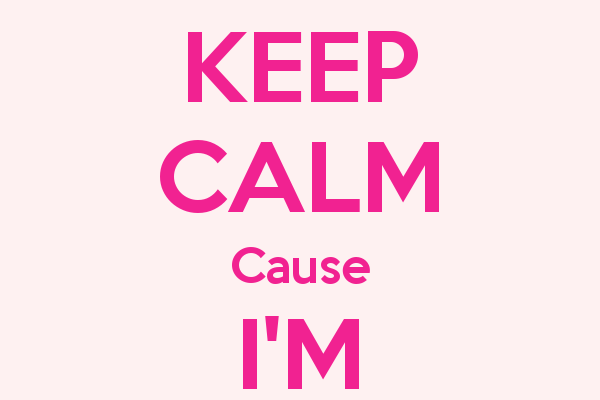
Think of the books that begin with a map.
The Lord of the Ringstrilogy, A Game of Thrones, Harry Potter.
The setting is central to the understanding of the story. The Hobbit would be nothing without Middle-Earth; nor would A Game of Thrones without the Seven Kingdoms or any of the Harry Potter books without the beloved Hogwarts.
Now, change genres completely. Enter Cheryl Strayed’s Wild, where place is as much a character as Cheryl herself. The book begins with a map of the Pacific Crest Trail, where Cheryl hikes from Mojave, California to the Bridge of Gods in northeastern Oregon. The PCT is not just a way to get from Point A to Point B, in this case, but a catalyst for her own personal transformation after hitting her “bottom.”
At 26, the memoir’s author has lived through more than many of us may experience in a lifetime: at 22, she endures her mother’s sudden death; she marries young and divorces a man she still loves; she battles drug addiction; she loses friends and family along the way; she is brutally honest, even to her detriment.
These experiences alone make for a great plot, and Strayed manages to make even the most sentimental acts– spreading her mother’s ashes, finalizing her divorce—original, heart wrenching, and even humorous.
Cheryl takes the reader from southern California to northern Oregon with ease. Even her descriptions of the natural surroundings (which, typically in writing, could turn cliché and longwinded) are blended in seamlessly with flashbacks and anecdotes, like her attempt to use a U-Dig-It in the woods for the, um, bathroom (or lack thereof).
Rather than forcing us to think “Are we there yet?” Cheryl’s struggles along the trail compel the reader to plunge deeper into her complicated attempt of recovering from her mother’s death. The PCT is not only a literal path, but also a metaphorical one.
“I felt not transformed in this neat arc of a way…but I felt like I would never be at that bottom again,” Cheryl remarks on completing her journey.
Cheryl does not put on, or let on, about the person she is. She is her own biggest critic; and despite her misfortunes and many friendship losses resulting from her destructive decisions following her mother’s death, she learns to also be her biggest supporter.
When I saw that this book was stamped with “Oprah’s Book Club 2.0,” I felt a bit apprehensive. Wildhad been a recommendation from a college professor back in early spring. “It’s going to blow up,” he had said, and I only just purchased it a few weeks ago. Somehow, the recognition made me critical of the writing; after all, did David Foster Wallace or Denis Johnson ever receive such approval? However, I can assure that the memoir deserves respect just as much, as the writing is engaging and not sentimental.
Whether you are feeling a little lost, or just want to get lost in a good read, Wild is waiting for you.
By



